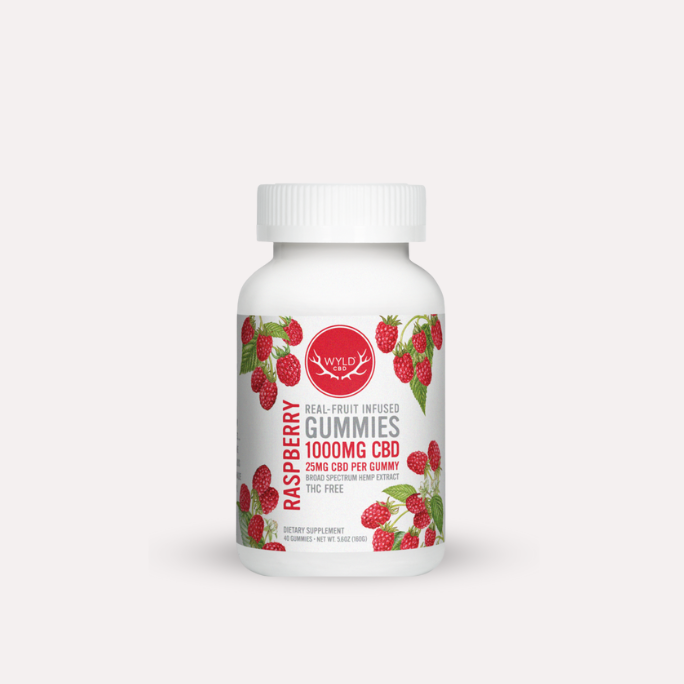In the world of cannabinoids, Delta-8 THC and CBD have emerged as popular choices for individuals seeking natural alternatives to support their well-being. While both compounds are derived from the cannabis plant, they exhibit distinct chemical compositions and offer unique benefits. Let's delve into the differences between Delta-8 THC and CBD, their respective benefits, and why dosing plays a crucial role in optimizing their effects.
Chemical Distinctions
Firstly, it's essential to understand the chemical distinctions between Delta-8 THC and CBD. Delta-8 THC is a minor cannabinoid found in the cannabis plant, sharing a similar structure to Delta-9 THC, the well-known psychoactive compound. However, Delta-8 THC offers a milder psychotropic experience, making it a preferred choice for those seeking a more balanced effect.
On the other hand, CBD, or cannabidiol, is a non-psychoactive cannabinoid known for its wide range of potential health benefits. Unlike Delta-8 THC, CBD, when used as directed, does not produce a euphoric sensation and is often sought after for its calming and therapeutic properties.
Benefits of Delta-8 THC

Delta-8 THC has gained popularity for its unique benefits. Users often report feeling a subtle sense of relaxation, a gentle upliftment, and a surprising mental clarity. It's a suitable choice for individuals looking to unwind without the intensity associated with traditional THC. Some even describe it as a smooth and manageable experience, allowing for a more controlled and enjoyable consumption of cannabis.
Research suggests that Delta-8 THC may also have potential therapeutic benefits, such as anti-nausea properties and appetite stimulation. However, it's important to note that more studies are needed to fully understand the extent of its medicinal applications.
Benefits of CBD

CBD, on the other hand, has been widely studied and is renowned for its diverse array of potential health benefits. Many users turn to CBD for its anti-inflammatory, pain-relieving, and stress-reducing properties. It has shown promise in alleviating conditions such as anxiety, chronic pain, and even epilepsy.
CBD's non-psychoactive nature makes it a versatile option for individuals of all ages, allowing them to experience the therapeutic effects of cannabis without the "high" commonly associated with THC.
Dosing Differences
One crucial aspect to consider when comparing Delta-8 THC and CBD is the dosing. Delta-8 THC generally requires much lower doses than CBD to achieve the desired effects. This is due to its psychoactive nature, as even small amounts can provide noticeable results.
On the other hand, CBD typically requires higher doses, especially for individuals seeking relief from specific conditions such as chronic pain or anxiety. CBD's non-intoxicating nature allows users to experiment with higher doses without the concern of unwanted psychoactive effects.
Finding Your Balance
When it comes to incorporating Delta-8 THC or CBD into your wellness routine, it's all about finding the right balance for your individual needs. Start with a low dose and gradually increase until you achieve the desired effects. Keep in mind that individual responses may vary, and what works for one person may not be the ideal dose for another.
Kerry’s Recommendations:
Delta 8
CBD
In the ever-expanding world of cannabinoids, Delta-8 THC and CBD stand out as unique compounds with their own set of benefits. Whether you're looking for a mild psychoactive experience or seeking the therapeutic potential of cannabinoids without the high, both Delta-8 THC and CBD offer compelling options.
**Remember to approach dosing with caution, especially with Delta-8 THC, and always consult with a healthcare professional if you have any concerns or pre-existing medical conditions.
By understanding the chemical distinctions and benefits of each compound, you can make informed choices to enhance your well-being naturally.




















